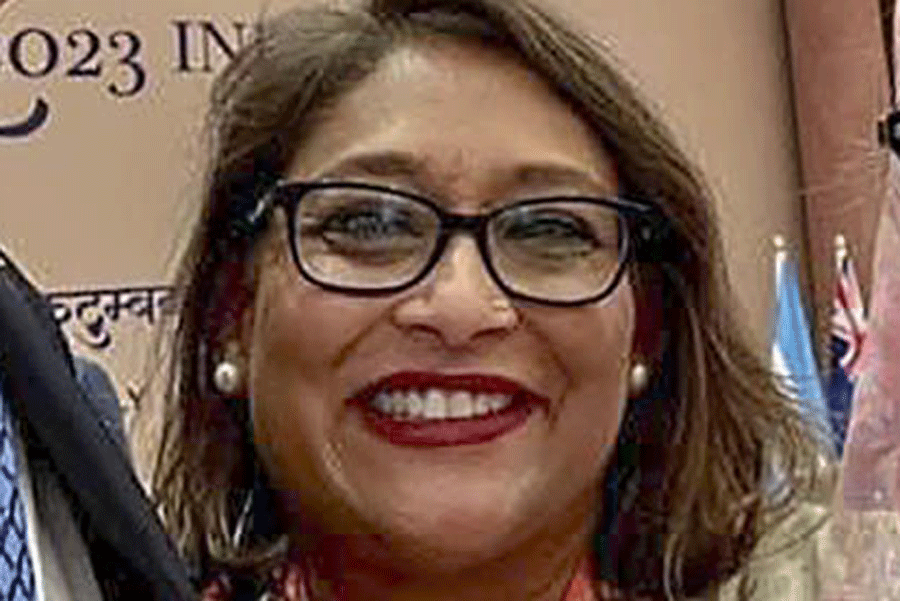Saima Wazed, a psychologist and mental health professional and daughter of Bangladesh Prime Minister Sheikh Hasina, is set to lead the South East Asia Region (SEAR) of the World Health Organisation (WHO).
The WHO announced on Wednesday that the region’s 10 member states had nominated Wazed as the next regional director for SEAR during a closed-door session at the 76th regional committee meeting of SEAR in New Delhi.
The WHO said the nomination would be submitted to the organisation’s Executive Board during its 154th session, taking place in January 2024 in Geneva, Switzerland. The new regional director will take office on February 1, 2024, succeeding Poonam Khetrapal Singh who was the first woman to become the regional director, SEAR, in 2014.
The votes — one from each country — followed a campaign marked by controversy during which some health experts had claimed that Wazed’s rival, Nepal’s Shambhu Prasad Acharya, a veteran WHO official, was the better qualified candidate and that her nomination by Bangladesh represented an act of nepotism.
Wazed has been a school psychologist and a technical expert for public policy, the chair of Bangladesh’s national advisory panel on autism and neurodevelopmental disorders, and a member of the WHO’s expert panel on mental health.
She has listed efforts to accelerate universal healthcare, bolster emergency response and preparedness, and address challenges linked to climate change, marginalised and vulnerable groups, and mental health and disability, among her priorities as the regional director.
“I’d like to see a region where people have access to quality healthcare regardless of where they live and regardless of their income or social status — a region where people will live longer, healthier, happier and more productive lives,” Wazed said.
“We’ll need to identify the concrete steps towards achieving this vision,” she said, pledging to help strengthen member states and the WHO to address “health gaps in the context of the region’s current realities and challenges”.
Public health experts say the SEAR accounts for a quarter of the world’s population and its member states are committed to achieving the sustainable development goals (SDGs), a set of objectives aimed at, among multiple other tasks, including health and well-being. “The new regional director will have her work cut out in enabling member states to reach those goals — the SDGs go much beyond health, faltering in meeting health SDGs is not an option,” said Bobby John, global health advocate and editor of the Journal of Development Policy and Practice.
A former WHO official said the election demonstrates the “collective resolve of member states to move forward with the vision” outlined by Wazed. “Congratulations to her. As a former WHO staff member, I look forward to a stronger, responsive, responsible WHO working at the global, regional and country levels ... and greater participation of civil society at all levels of WHO’s work,” said Swarup Sarkar, the former WHO official said, when approached by The Telegraph.










